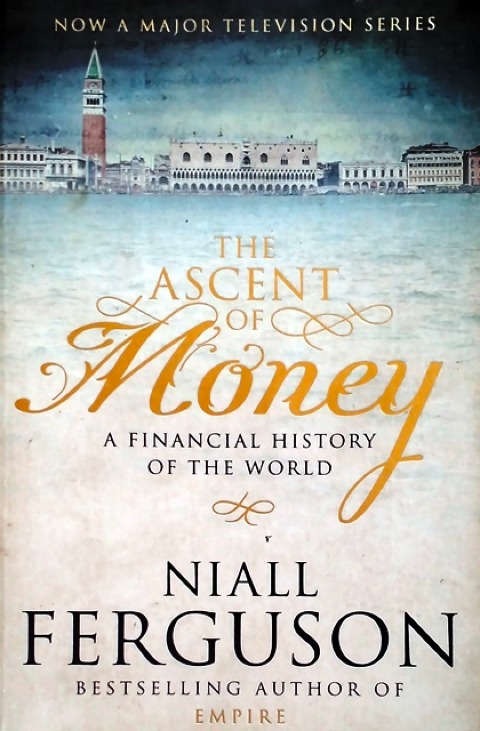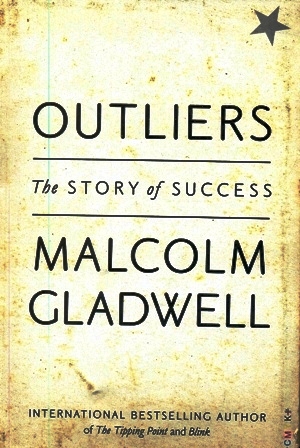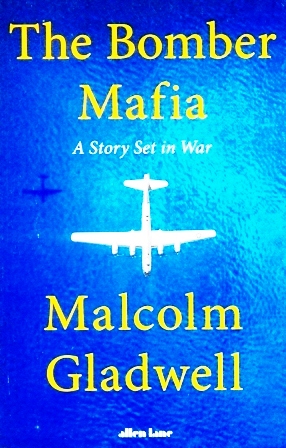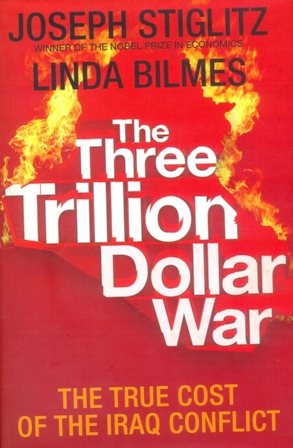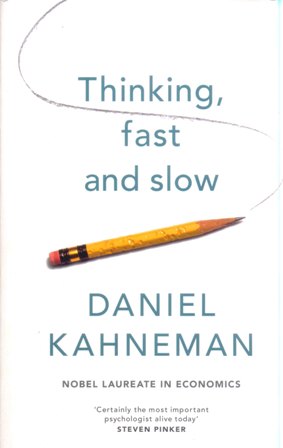-
The Ascent Of Money
Bread, cash, dosh, dough, loot. Call it what you like, It matters now more than ever. In the ascent of money, Niall Ferguson shows that finance is the foundation of all human progress and the lifeblood of history. From the cash injection that funded the Italian Renaissance to the stock market bubble that sparked the French Revolution, from the bonds that fuelled Britain's war effort to the wall Street crash and today's meltdown, this is the story of boom and bust as it's never been told before. Whether you're scraping by or rolling in it, there's no better time to understand the ascent of money.
-
The Bomber Mafia-A Story Set in War
The Bomber Mafia is a case study in how dreams go awry. When some shiny new idea drops from the heavens, it does not land softly in our laps. It lands hard, on the ground, and shatters.' In the years before the Second World War, in a sleepy air force base in central Alabama, a small group of renegade pilots put forth a radical idea. What if we made bombing so accurate that wars could be fought entirely from the air? What if we could make the brutal clashes between armies on the ground a thing of the past? This book tells the story of what happened when that dream was put to the test. The Bomber Mafia follows the stories of a reclusive Dutch genius and his homemade computer, Winston Churchill's forbidding best friend, a team of pyromaniacal chemists at Harvard, a brilliant pilot who sang vaudeville tunes to his crew, and the bomber commander, Curtis Emerson LeMay, who would order the bloodiest attack of the Second World War. In this tale of innovation and obsession, Gladwell asks: what happens when technology and best intentions collide in the heat of war? And what is the price of progress?
-
The Three Trillion Dollar War The True Cost Of The
THE THREE TRILLION DOLLAR WAR will be a devastating reckoning of the true cost of the Iraq war - quite apart from its tragic human toll - which the Bush administration has estimated at $50 billion, but which Stiglitz and Bilmes will show underestimates the real figure by approximately six times. The authors expose the gigantic expenses which have so far not been officially accounted for, including not only big ticket items like replacing military equipment (being used up at six times the peacetime rate) but also the cost of caring for thousands of wounded veterans - for the rest of their lives. Shifting to a global perspective, the authors investigate the cost in lives and damage within Iraq and the Middle East generally. With chilling precision, they calculate what the money spent on the war would have produced had it been further invested in the growth of the economy, in the US and around the world, and in infrastructure building. Stiglitz and Bilmes write in simple language, which makes the details they present, and the sums they add up, all the more disturbing. This book will change forever the way we think about the Iraq war - and about the cost of war generally.
-
Thinking Fast and Slow
hinking Fast and Slow is based on decades of research into human behavior conducted by Daniel Kahneman and his partner Amos Tversky. The latter died in 1996, but before that the duo had demolished one of the long cherished myths of economists – that the humans are always rational and will inevitably make decisions that are based on maximizing utility. In the course of their work, Kahneman and Tversky developed an alternate theory of decision making known as prospect theory. The prospect theory was based on human psychology and so great was its impact that Daniel Kahneman, a psychologist, was awarded the Nobel Prize in Economics in 2001. Thinking Fast and Slow takes us on an astonishing journey of the brain and its thinking process. Daniel Kahneman has two fictional figures working in our brain. System 1 is emotional, quick and remarkably agile in making judgments. System 2 is slower, rational, conscious and takes the effort to work things out. All of us love to imagine that we are governed by System 2. Not so, says Daniel Kahneman. It is System 1 who is the hero – the one who takes the major decisions in our life. It influences our thoughts, our impressions and judgments. The book states that only by understanding the working of both the systems in our brain will we be able to understand why we do what we do. The book goes further tells us when and where to trust System 1 and also how we should be able to tap into System 2. He explains the different ways by which we can avoid falling into the trap of making snap decisions. Reading the book can change the way you think and help you make significant changes in your life.

